Lets face it,it just feels good to buy organic coffee.
After all, the packaging is always attractive, and they write the nicest blurbs on the back.
View in gallery
Well, today were putting these virtuous claims to the test.
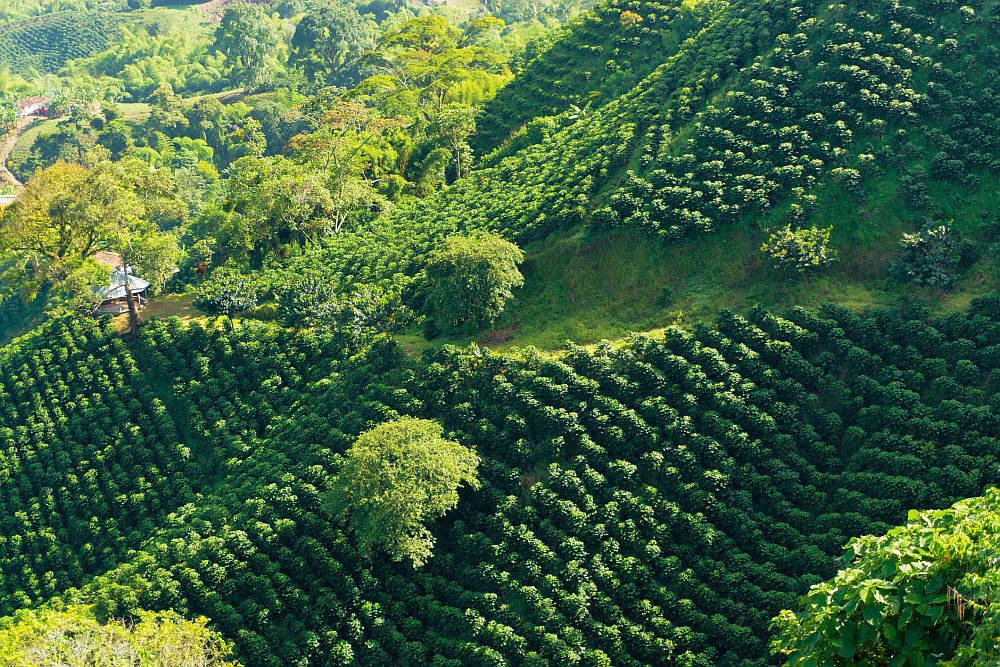
Organic coffee
Organic is a venerable label with a lot of baggage.
This isnt necessarily nefarious, as each chemical must be vetted for human health before inclusion on the list.
To reiterate the point: organic producers are allowed to use certain synthetic fertilizers and pesticides.
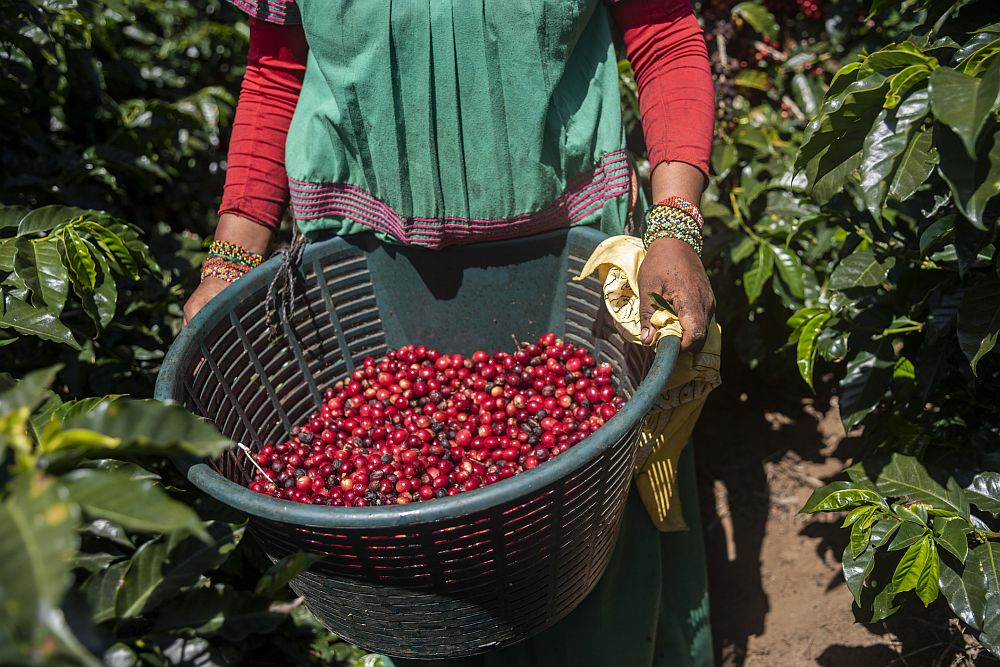
Yes, these compounds are ostensibly safe.
Take absolute claims of purity with a grain of salt.
Accreditation loopholes Who watches the watchmen?
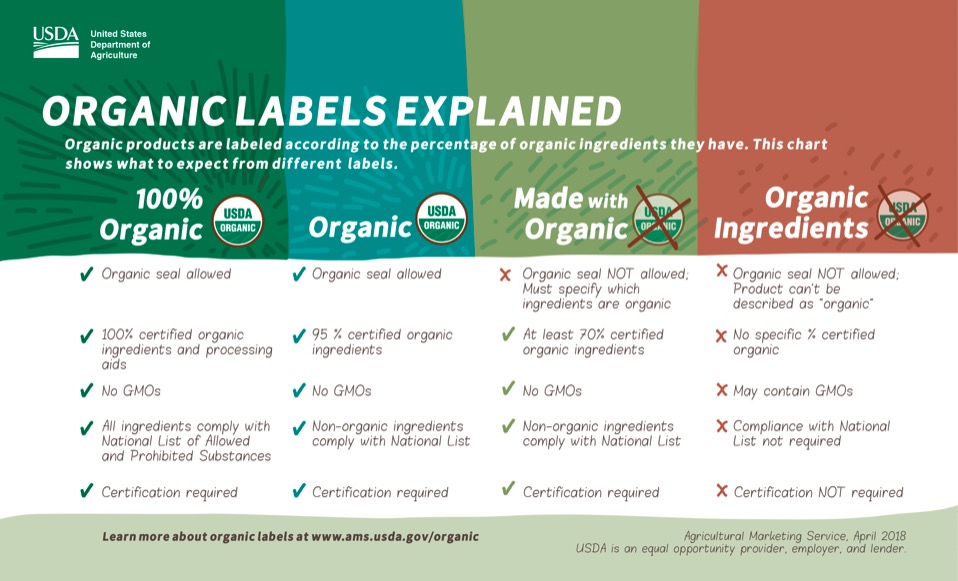
Surprisingly, this isnt always the case.
Certifying agents dont even have to be part of the US government.
They can be private individuals or entities, and they dont even have to be American.
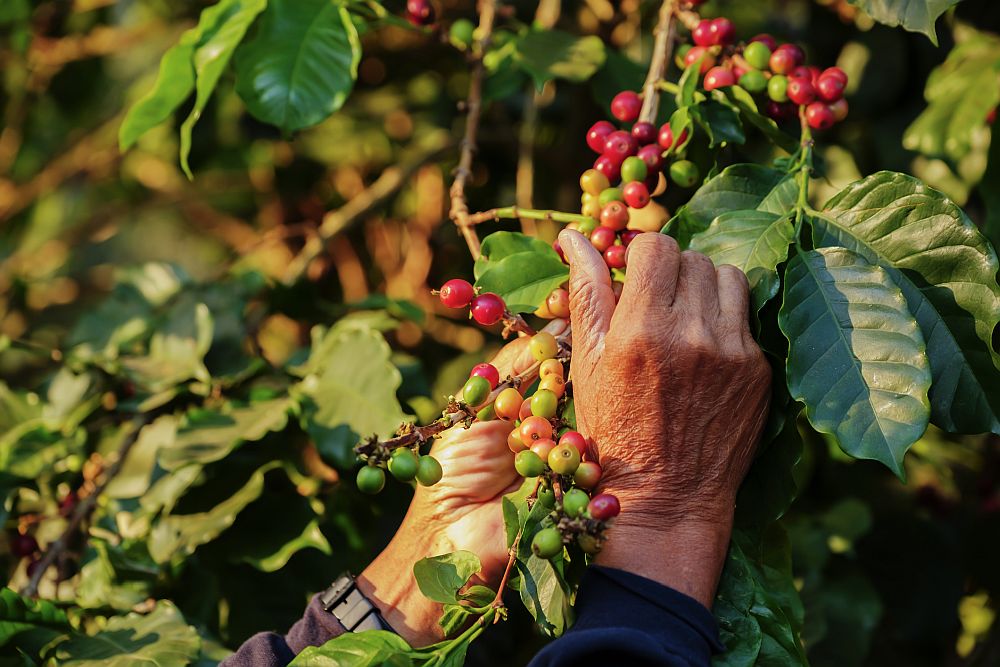
But the point is, they havent, and the lack of transparency is unsettling.
There was a laundry list of other complaints which were upheld by the courts.
Yet the ruling was overturned with an amendment to the OFPA by congress in 2005.
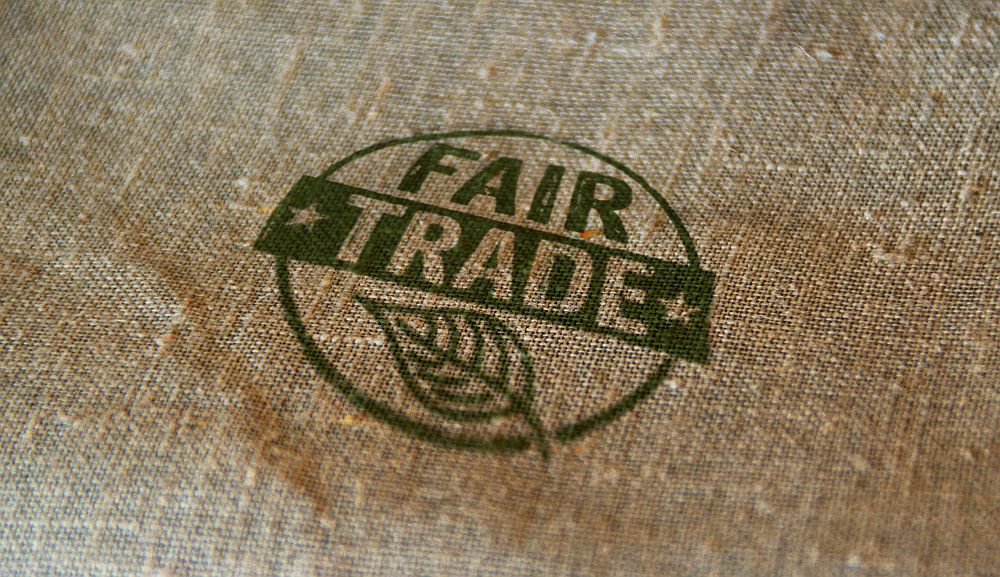
The grievances about synthetic chemicals and USDA overreach were retroactively legitimized.
The 2005 OFPA Amendment changed that assumption, allowing existing loopholes to become even looser.
USDA budget cuts
It could be easy to call corruption shenanigans at the USDA.
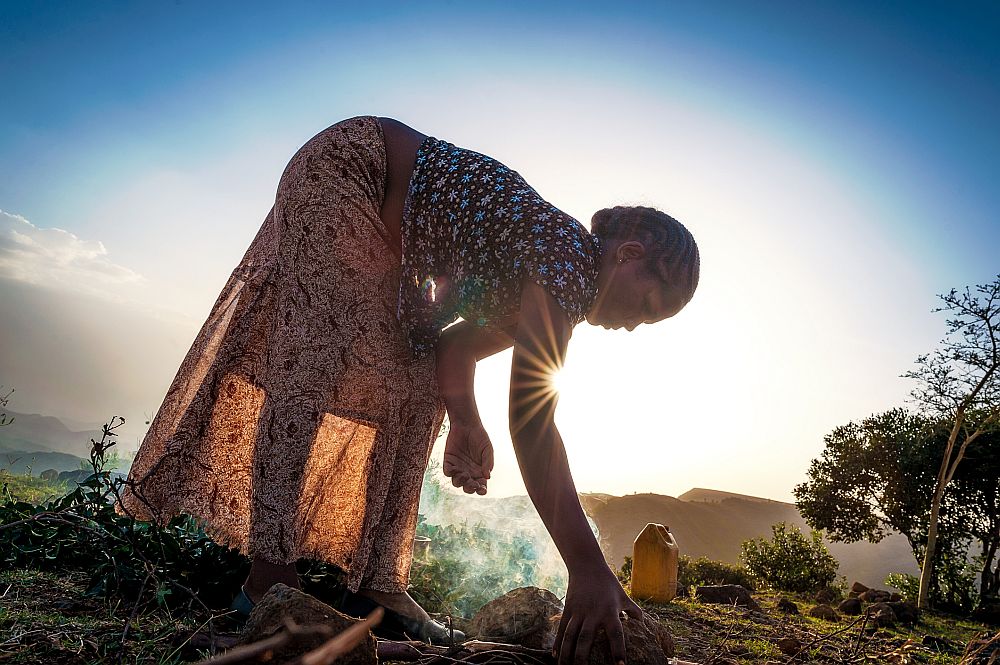
And remember, the legislation controlling organic is old and feeble in the face of rising globalism.
A day late and a dollar short might be a good slogan for the USDA.
It adheres to the highest standards (such as they are), and justifies the premium price.
The remainder of non-organic ingredients must appear on the National List of exemptions.
Youve gotta be careful here though if youre searching exclusively for the highest quality coffee.
Brands can still proudly display the same USDA Organic badge as 100% organic coffee.
And you better believe advertisers are going to minimize that missing 5%!
Made with Organic packaging will really hammer home the feel-good verbiage.
This tier does still require certification from an NOP agent.
It may or may not be worth it to you.
This lowest tier makes no solid promises of being legally organic.
Nevertheless, you may still find these brands advertise what virtues they can with some creative writing.
You should expect not to pay organic prices for this stuff.
That said, it might not be fair to write this tier off altogether.
However, the certification process itself is often a barrier to small coffee growers in poorer countries.
In many cases, these growers lack the funds to buy into chemical pesticides and fertilizers.
Theyll operate at a smaller scale by default, often employing family and members of the community.
We also want to encourage people to do the right thing and switch over from harmful practices.
But again, the certification process itself is expensive.
His is a success story, though its exceptional in every sense of the word.
Other considerations for non-organic farming
Coffee is a unique crop in many ways.
For one, it is grown most harmoniously under shady forest canopies.
A shade-grown coffee farm exists in greater ecological balance with its surrounding environment.
But that biodiversity comes with certain challenges as well.
Without chemical pesticides, farmers resort to far more labor-intensive measures of pest control.
And yet, the rapidly grown coffee just isnt as tasty.
Moreover, this certified farm doesnt exist within its natural context.
Absent the dense, carbon-sucking foliage, this organic farm is a net emitter of greenhouse gasses.
Theres also erosion and runoff to consider, as well.
The point is, the USDAs one-size-fits-all certification approach often rewards the more destructive model.
Fair Trade
Much like organic,Fair Trade is an ambitiously progressive conceptthat hasnt quite kept pace with globalism.
Its a complicated issue, but well have a go at break it down.
Heres some perspective: Coffee is the second most valuable trade commodity after oil.
This pretty much ensured no one walked away from the markets a winner.
In 1997, these merged into the Fairtrade Labelling Organization.
Yes, beyond mere self-interest, social justice was and is indeed the driving goal of FLO.
so you can qualify, you must be a part of a democratic cooperative of growers and/or roasters.
Its power directly to the people, as the coops make the decisions for themselves where to allocate funds.
In the past 20 years, overall demand for coffee has reached historic highs.
Now, say the Fair Trade price floor of a bag of organic washed Arabica beans is $1.70.
(And it currently is at the time of writing.)
Your farm has produced two bags of this coffee, though of different quality.
The lesser bag fetches $1.50 on the open market, while the tastier beans garner $2.00.
Of course, both bags regardless of quality grade qualify to be sold at the $1.70 price floor.
You are a certified Fair Trade farm, after all.
Thus, you are strongly incentivized to sell your lesser-quality bag under the Fair Trade label.
Meanwhile, your premium organic washed Arabica commands full price, netting you a nice profit!
Youre going to reallocate funds to make your premium bean even better.
This perverse incentive is self-reinforcing, unsustainable, and taints the Fair Trade brand.
And it usually isnt to remunerate the individual growers.
Or, crumbling infrastructure is restored, making it more efficient for everyone in the coop to conduct business.
But, it is also ripe for abuse, and the FLO has limited power of oversight.
Well, its complicated.
Time will tell how effective we are at bringing this model into the 21stcentury.
So, is Fair Trade a bust?
It doesnt have to be, and it isnt always.
This also means that it is perfectly possible to find a delicious bag of Fair Trade coffee.
Just beware that it will require trial and error, and always at a premium.
It might all come from one country, or it could be as granular as single coop or farm.
Typically, Single Origin branding will feature the smiling faces of actual human beings.
Youll learn their names, family histories, and hear stories of inspiration, artisanship, and perseverance.
It allows the coffee to really speak for itself, and empowers low-information consumers (i.e.
Did you learn something new today?
What factors into which coffee you buy and drink at home, the office, or out and about?
Do you have a favorite brew weve absolutely got to try?
Sound off in a comment below!